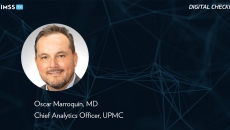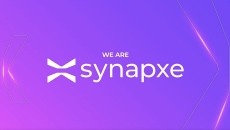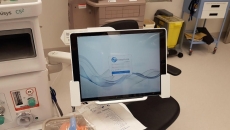Artificial Intelligence
It will be initially deployed at Subang Jaya Medical Centre and Bukit Tinggi Medical Centre.
Dr. Oscar C. Marroquin, chief healthcare data and analytics officer at the UPMC health system, discusses numerous AI algorithms used to improve care delivery, and a five-year agreement with Microsoft to modernize the clinical analytics infrastructure.
Its reintroduction comes on the occasion of its 15th anniversary.
Also, WA Health has started expanding its remote monitoring technology to regional communities.
They're aiming to help ambulatory providers gain insights with help from artificial intelligence, and can surface key information to help develop plans of care based on recommended diagnoses, patient insurance and other information.
It also made doing pathology possible during surgery.
By having deep conversations about artificial intelligence's capabilities and limitations, the nine-state health system hopes to help its clinical and IT leaders enable a more responsible path forward for AI deployments.
Powered by Amazon Bedrock, AWS will now offer artificial intelligence to quickly create clinical notes that can be added to EHRs. A new imaging service, meanwhile, could help reduce costs compared to self-managed infrastructure.
Edward Yurcisin, chief technology officer at the NCQA, says the organization is using its open-source CQL engine to digitize HEDIS measures and others to improve the quality of healthcare in the U.S. and internationally with FHIR.
Many health facilities are already delivering acute and intensive care virtually or at home.







